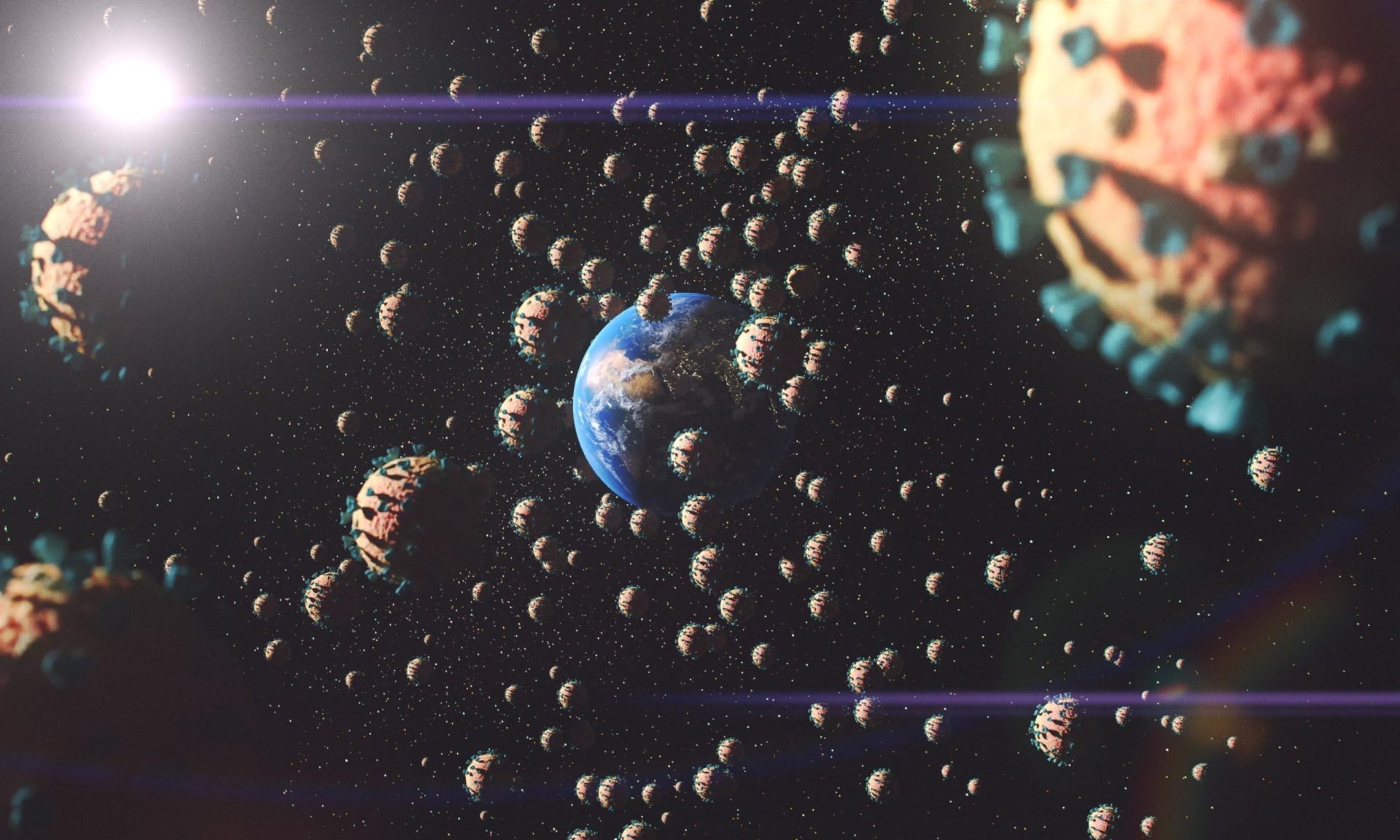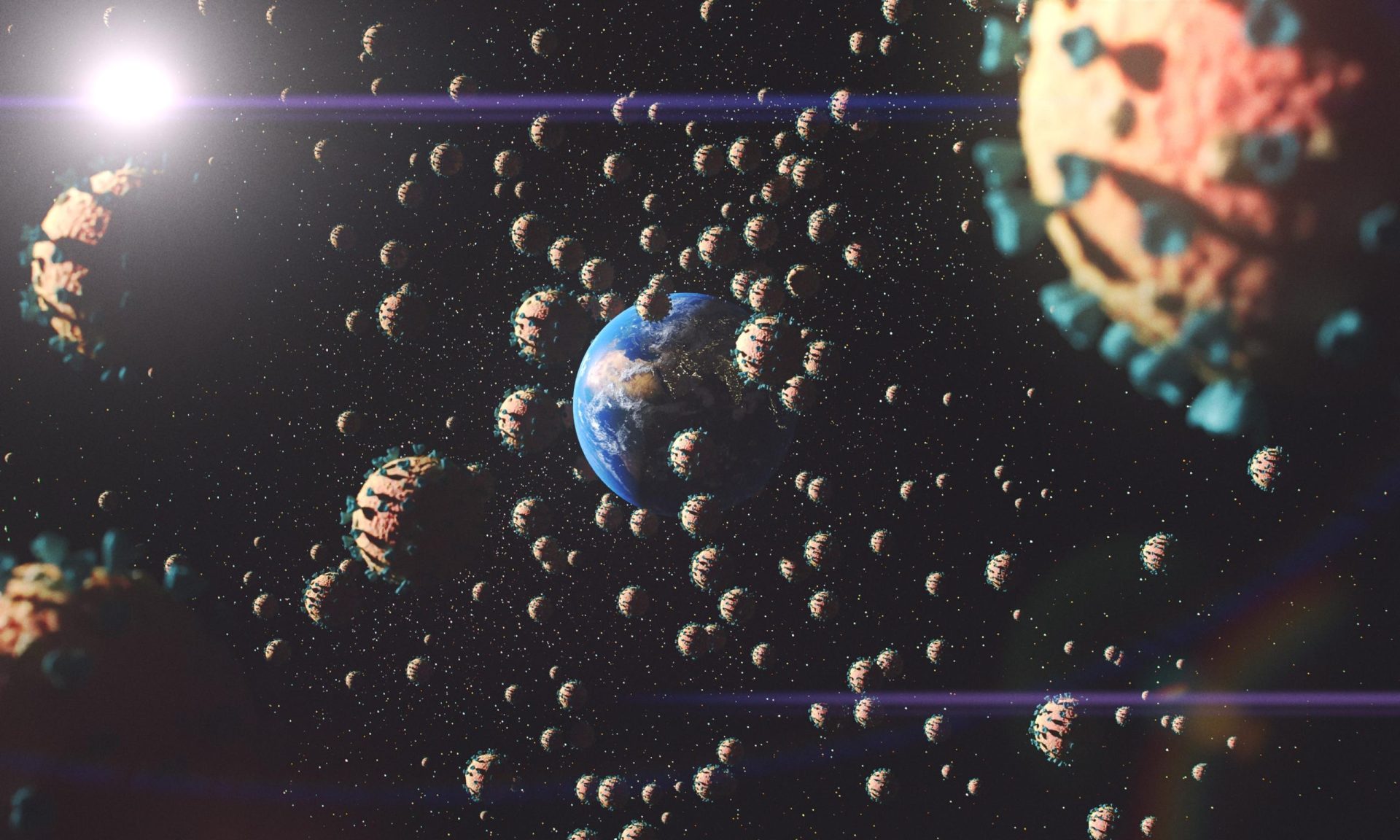Scientists have discovered that some bacteria that cause disease in humans are capable of surviving on Mars.
A new one from the German Aerospace Center research According to, some bacteria living in the human body which cause diseases due to high pressure on the body, they can not only survive on Mars but also their growth is possible there.
The discovery raises concerns about the potential for microbial contamination on future Mars missions and the possibility of human colonization.


The study shows that these bacteria, called opportunistic pathogens, can withstand the harsh conditions of the Martian environment, including low temperatures and high levels of radiation.
Understanding the survival capabilities of these microbes is critical to planning and executing safe and sterile missions to the Red Planet.
The team of scientists associated with the German Aerospace Center Cologne is headed by Tommaso Zacharia. Zakaria told Deutsche Welle that the temperature on the surface of Mars is extremely low and conditions are unfavorable for other factors considered essential for human life on a planet.
Even so, he says, scientists are more interested in possible human settlements on Mars than on other planets in the solar system, both because the planet is relatively close to Earth and because a day on Mars is equivalent to one day on Earth. Like 24 hours.
After initial encouraging results, Zakaria’s team placed colonies of these bacteria in artificially produced Martian soil. “We thought that the toxic effects on the bacteria would kill them immediately,” he says. But surprisingly, three of the four bacterial species survived and growth was noted for up to 21 days.
It should be noted that scientists have been engaged in research for the settlement of humans on Mars for a long time. Space agencies around the world are sending their missions to Mars to collect data for future planning.
From this data, experiments are being conducted in laboratories to find out how humans will be able to survive in the harsh atmosphere and extremely low temperatures of Mars.
Comments
(function(d, s, id) {
var js, fjs = d.getElementsByTagName(s)[0];
if (d.getElementById(id)) return;
js = d.createElement(s); js.id = id;
js.src = “//connect.facebook.net/en_US/sdk.js#xfbml=1&appId=1763457670639747&version=v2.3”;
fjs.parentNode.insertBefore(js, fjs);
}(document, ‘script’, ‘facebook-jssdk’));



